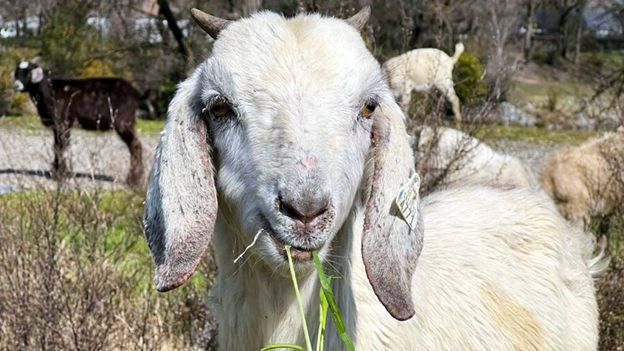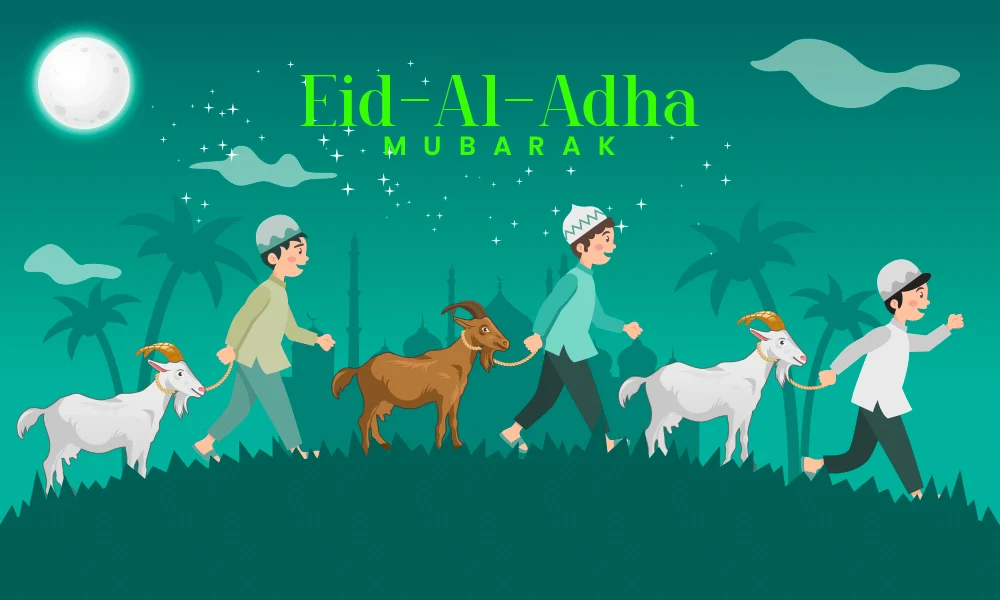As the crescent moon emerged, signaling the arrival of Eid ul-Adha 2024, Muslims around the world started preparations to celebrate one of the most significant festivals in Islam. Eid ul-Adha, also known as the Festival of Sacrifice, commemorates the willingness of Prophet Ibrahim (Abraham) to sacrifice his son Isma’il (Ishmael) as an act of obedience to God’s command. However, before Ibrahim could carry out the sacrifice, God intervened, providing a ram as a substitute. This act symbolizes obedience, faith, and the importance of selflessness in the face of adversity.
The essence of Eid ul-Adha lies in its profound message of sacrifice, both literal and metaphorical. While the historical event serves as a central theme, Eid ul-Adha transcends mere ritualistic practices. It embodies the spirit of selflessness, charity, and compassion towards others, particularly those less fortunate. This year, as Muslims gather to commemorate this auspicious occasion, the spirit of sacrifice resonates more deeply amidst the ongoing global challenges.
Eid ul-Adha holds immense significance in the Islamic calendar, marking the conclusion of the Hajj pilgrimage, one of the five pillars of Islam. For those fortunate enough to embark on this spiritual journey to the holy city of Mecca, Eid ul-Adha represents the culmination of their devotion and submission to God. However, even for those unable to perform Hajj, Eid ul-Adha remains a time of spiritual reflection, communal unity, and familial bonds.

Central to the observance of Eid ul-Adha is the ritual of Qurbani, the sacrificial offering of an animal, typically a goat, sheep, cow, or camel. The meat from the sacrificed animal is distributed among family, friends, and the less fortunate, ensuring that all members of the community partake in the festivities. This act of sharing reflects the Islamic principle of caring for one another and fostering solidarity within society.
In addition to the Qurbani, Eid ul-Adha encourages acts of charity and kindness towards those in need. Muslims are urged to extend a helping hand to the marginalized, the impoverished, and the oppressed, embodying the values of empathy and compassion espoused by Islam. Through charitable deeds and philanthropic endeavors, Eid ul-Adha serves as a reminder of the importance of giving back to society and uplifting the vulnerable members of our communities.
Furthermore, Eid ul-Adha underscores the significance of familial bonds and communal harmony. Families come together to offer prayers, share meals, and exchange heartfelt greetings, strengthening their connections and reaffirming their commitment to one another. The joyous atmosphere permeates through neighborhoods and mosques as Muslims unite in celebration, transcending cultural and geographical boundaries.
However, amidst the jubilation of Eid ul-Adha, it is crucial to acknowledge the challenges that many communities face, both locally and globally. Economic hardships, political instability, and humanitarian crises continue to afflict countless individuals, casting a shadow over the festivities. Yet, it is precisely during these times of adversity that the spirit of Eid ul-Adha shines brightest, inspiring acts of generosity, solidarity, and hope.
As Muslims gather to commemorate Eid ul-Adha in 2024, let us reflect on the timeless lessons of sacrifice, faith, and compassion embodied by this sacred occasion. Let us strive to emulate the example set forth by Prophet Ibrahim, demonstrating unwavering devotion to God and unwavering compassion towards humanity. May Eid ul-Adha be a time of renewal, resilience, and reverence for all, as we come together to celebrate the blessings of faith, family, and community. Eid Mubarak!

